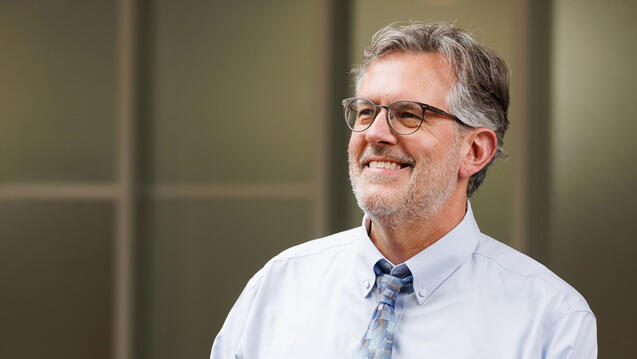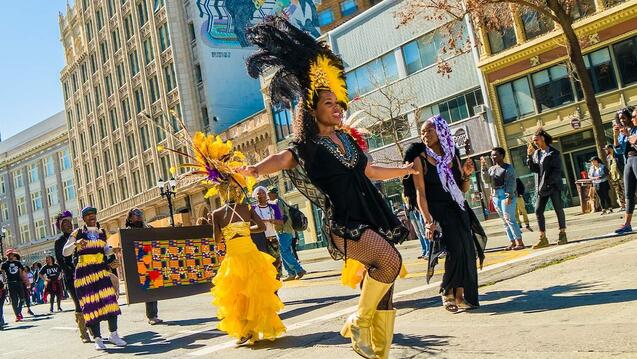Celebrating an American Apostle
Nearly 35 years after Martin Luther King Jr. Day was declared a national holiday, King’s friend and fellow activist — USF Visiting Professor Clarence Jones — looks back and sees parallels between the civil rights movement and the recent Occupy Wall Street and Black Lives Matter movements.
As in the 1960s, today’s activists see and live the disparities between the haves and the have-nots — disparities that today are dictated by where a person lives, the color of their skin, their gender, and their sexual orientation.
And like civil rights leaders, today’s activists shine a light — often with camera lenses attached — on where society’s discriminatory lines lie in an effort to build public support to erase them.
A social justice movement
But while today’s movements draw inspiration from the past, they’re different, says Jones, who helped King write his famous “I Have a Dream” speech and was King’s legal counsel, speechwriter, and confidant.
The difference is good, Jones says. Because while King and his civil rights supporters changed America for the better, they didn’t accomplish everything they hoped. For example, “We thought that what we achieved would have entirely eliminated the need for Black Lives Matter all these years later. But here we are.“
“Today’s movements aren’t so much about civil rights or legislative rights, but increasing economic and educational opportunities to those who’ve been left out,” Jones says. “They’re about social justice.”
Another emphasis of the modern movements is the fair and equal application of the law to all people, regardless of color, religious affiliation, or gender, Jones says.
What King accomplished
This Jan. 16, Martin Luther King Jr. Day, Jones hopes USFers will set aside time to reflect on the profound changes King brought about and on what society would be like if he hadn’t striven for change.
“With the exception of the presidency of Abraham Lincoln, Martin Luther King Jr. may have done more to achieve political justice, equal rights, economic and educational opportunities than any other person or event in previous 400-year history of the United States,” Jones says. “He was the 20th century’s preeminent apostle of nonviolence, love, and a commitment to the pursuit of personal excellence.”
Know someone with a powerful USF story? Let us know! usfnews@usfca.edu Twitter @usfcanews


